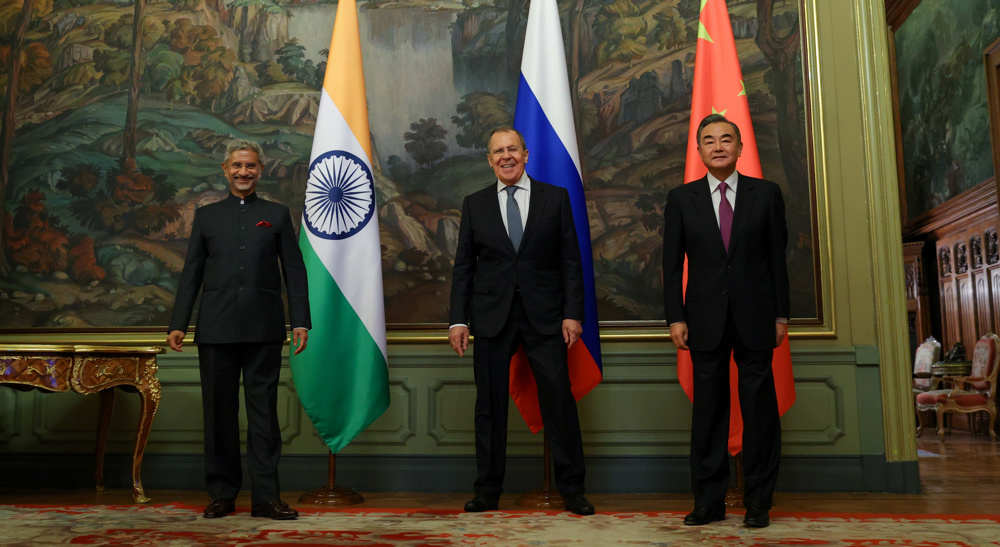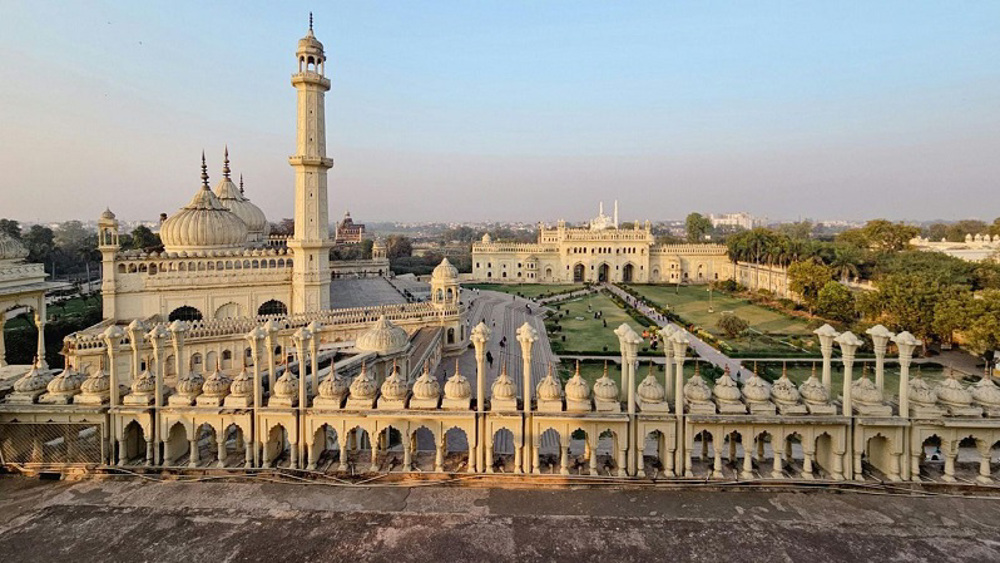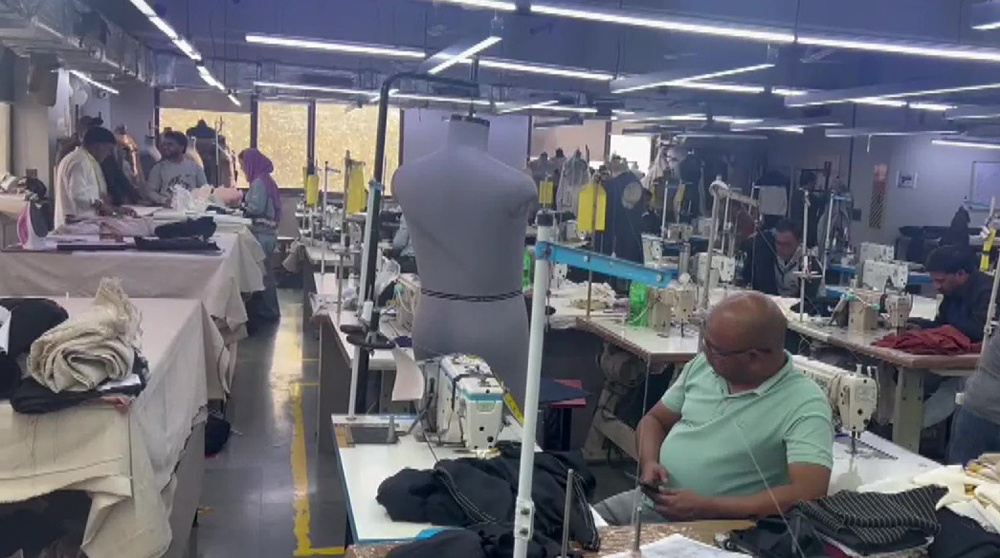China, India agree to take steps for 'peace' on contested border
China and India say they have agreed to take steps to restore “peace and tranquility” on their disputed Himalayan border, where escalated tensions prompted the two nuclear powers to accuse each other of committing border aggression.
Indian Foreign Minister S. Jaishankar met with his Chinese counterpart on the sidelines of the Shanghai Cooperation Organization in the Russian capital, Moscow, on Thursday.
They issued a joint statement, calling for dialogue and disengagement to ease tensions.
China and India have engaged in renewed tensions since a clash in the Ladakh region in mid-June led to the death of 20 Indian troops.
The two sides reached a five-point consensus, including agreements that the current border situation is in neither side’s interests and that troops from both sides should quickly disengage in order to ease tensions, according to the statement.
Discussions to de-escalate the situation at the border were “frank” and “constructive,” according to the Indian external affairs ministry.
“The two Foreign Ministers agreed that the current situation in the border areas is not in the interest of either side,” he said
During the Thursday meeting, the Chinese diplomat told India’s Jaishankar that the “imperative is to immediately stop provocations such as firing and other dangerous actions that violate the commitments made by the two sides,” China’s foreign ministry said in a statement on Friday.
Wang also told Jaishankar all personnel and equipment that have trespassed at the border must be moved and that frontier troops on both sides “must quickly disengage.”
A fresh spike in tensions occurred again last week, when Indian soldiers went up to the border line, claimed by India near Pangong Tso, which straddles the frontier.
There they took control of “dominating heights that will give us an advantage over the long term,” the Indian official said.
China reacted to the move, saying that India had “illegally crossed the LAC, made provocations, changed the status quo in the border areas and violated bilateral agreements.”
On Tuesday, the two sides accused each other of firing in the air at the frontier, known as the Line of Actual Control, where long-standing, mutual protocols prohibit the use of firearms.
Both countries, however, moved thousands of troops as well as tanks, artillery and fighter jets to areas close to the unmarked border.
Russia's Foreign Ministry on Friday said it hoped China and India would find a solution as soon as possible to de-escalate renewed tensions, the Interfax news agency said.
‘China must be fully prepared if talks fail’
China’s official newspaper, the Global Times, said in an editorial published late Thursday that any talks with India should be paired with “war readiness.”
“The Chinese side must be fully prepared to take military action when diplomatic engagement fails, and its frontline troops must be able to respond to emergencies, and be ready to fight at any time,” said the newspaper.
It warned that if India “keeps following its radical China policy, it will pay a heavy price.”
“India has an abnormal confidence in confronting China. It does not have enough strength,” the newspaper added.
Chinese President Xi Jinping has stressed that the country will never give up an inch of its territory.
US trying to fish in troubled waters
The United States, which has already engaged in tensions with China on multiple fronts, said it was willing to mediate between Beijing and New Delhi.
Last week, US President Trump said that the situation between Beijing and New Delhi had been “very nasty” and that Washington stood “ready to help.”
The Trump administration claims to support India but just last year, it imposed tariffs on the country and planned to restrict H-1B visas issued each year to Indians.
Washington also sells weapons to India at high prices.
Now that conflicts have broken out between China and India, Washington might be trying to provide India with more weapons.
New Delhi, however, has recently turned to Russia for arms purchases, in a move that has prompted Washington to threaten New Delhi with sanctions.
The government of Indian Prime Minister Narendra Modi, which has formerly called on the Trump administration for exemptions from sanctions, said it can make its own arms purchases independently.
Indian external affairs minister said previously that New Delhi would “not be influenced by other countries on what we do in terms of our national security and defense.”
Iranian security forces hunt Mossad agents as police fall to terror attacks
VIDEO | Venezuelans reaffirm their commitment to political unity
VIDEO | India walks diplomatic tightrope after US action in Venezuela
‘State-sanctioned murder’: Netizens rage against US murder of Minneapolis mother
Trump withdraws US from 66 international organizations
Israeli forces abduct four young Syrians after incursion into Syria's Quneitra
Trump says US will oversee Venezuela ‘for years’
Iran FM warns of Israel’s threats to region as he arrives in Lebanon for talks














 This makes it easy to access the Press TV website
This makes it easy to access the Press TV website